Markets
Fed officials have discussed reducing their balance sheet by not reinvesting bond proceeds
Should the Fed choose not to reinvest the trillions of bond proceeds and instead builds a cash position – which is the approach they’re talking about taking as early as this year – a couple things will happen.
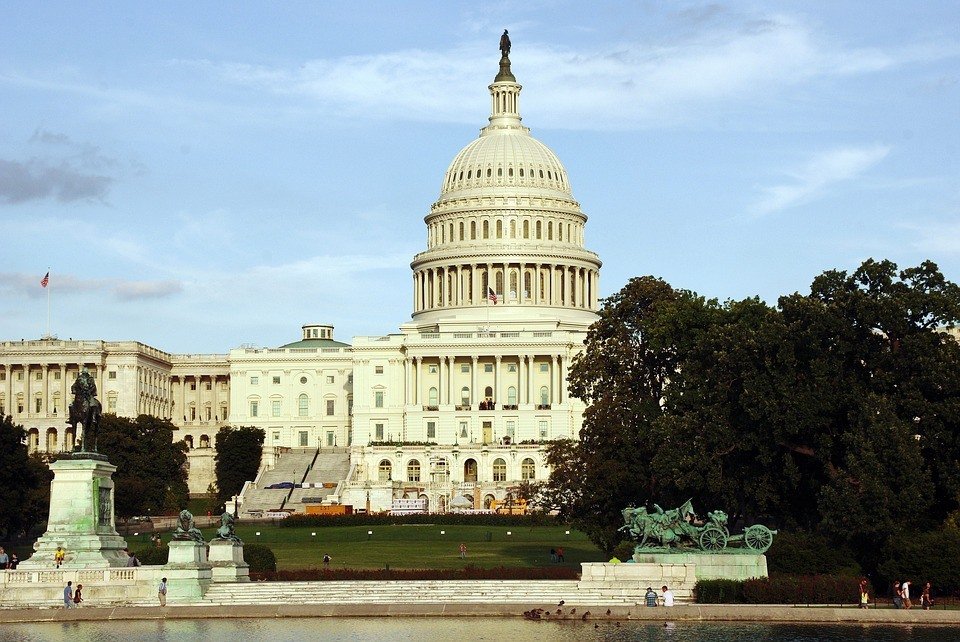
Fed officials have discussed reducing their balance sheet, maybe later this year, and by not reinvesting bond proceeds.
It’s too much of a coincidence. Fed officials must be reading our work.
OK, they don’t really have to be… but if they don’t, they should.
It’s not that we deserve credit for what comes next at the Fed, but I was glad to read the details last week in the nitty-gritty of the Fed’s minutes of its March meeting. (You would’ve had to have read it there; Fed chair Janet Yellen didn’t talk about it at all in her post-meeting press conference.)
All the quantitative easing the Fed did since the 2008 and 2009 crisis will eventually hit the economy in a variety of ways.
Not the least of which is the $225 billion worth of Fed-owned U.S. Treasury and mortgage-backed bonds that will mature within one year, and another $1.24 trillion that’ll come due in the next five years.
Now it’s time to find out what will happen on the back-end of all the QE.
I can’t stress this enough. QE lowers interest rates as central banks buy bonds, but the distortion doesn’t end there. When banks use the new round of cash to make loans (which has NOT happened here yet), we get another distortion. And when the central bank finally purges all the bonds from its balance sheet, we get another artificial force in the economy. This is the one that’s on the table.
Ideally, the Fed wants to bow out as gracefully as possible, creating little ripples in the markets instead of huge waves.
Should the Fed choose not to reinvest the trillions of bond proceeds and instead builds a cash position – which is the approach they’re talking about taking as early as this year – a couple things will happen.
By law, the Fed can’t hold on to an “excess cash” balance. They send the extra to the U.S. Treasury.
Think about this for a second…
That’s about $1.5 trillion worth of cash that could land directly on President Trump’s desk. It would be a gift to use on … well, anything, including infrastructure.
Build a wall! Build a bridge! Repair a dam! Replace the air-traffic control system!
Those are the cries from the White House, calling for repairs and renovations to our nation that will also create jobs.
We’ve been down this road, of course.
In 2009 we passed the American Recovery Act, pledging $800 billion for infrastructure spending and job creation. Later, Congress added the language, “or to maintain jobs,” to the details. But who’s keeping track?
We handed hundreds of billions of dollars to states, which used the funds to pay first responders, teachers, and other workers. But we didn’t build or renovate much of anything – certainly not $800 billion worth of anything.
But we did accomplish something. We added almost $1 trillion to our national debt.
In his first speech to a joint session of Congress at the end of February, Trump reiterated his plan for massive infrastructure spending. He also announced a massive tax cut aimed at the middle class.
The two ideas are at odds unless we either divert funds from other sources to pay for the infrastructure or earmark the gift money that the Fed sends the government for that purpose.
Then, this would happen without raising taxes.
Or cutting spending somewhere else.
Or adding to our already outrageous national debt.
Now, this stack of cash would be a tremendous artificial force in the economy that would pull us away from our natural, deflationary direction, as Harry and we, of course, say is happening. It would do nothing to change the demographic forces that are keeping economic growth low and holding back productivity.
If the government were to take this tack, it would cause inflation in goods and services used in construction. But with a $20 trillion economy, it’s highly unlikely any such gift would cause even strong inflation across the board.
But it’d be a gift nonetheless, and the time seems right.
Apparently, the Fed seems to think so too.
Hey, Chair Yellen and company… thanks for reading!
—
DISCLAIMER: This article expresses my own ideas and opinions. Any information I have shared are from sources that I believe to be reliable and accurate. I did not receive any financial compensation in writing this post, nor do I own any shares in any company I’ve mentioned. I encourage any reader to do their own diligent research first before making any investment decisions.

-

 Markets5 days ago
Markets5 days agoWeather-Driven Supply Outlook Lifts Coffee Markets in Brazil and Vietnam
-

 Markets2 weeks ago
Markets2 weeks agoCotton Market Weakens Amid Demand Concerns and Bearish Trends
-

 Business2 days ago
Business2 days agoTopRanked.io Weekly Affiliate Digest: What’s Hot in Affiliate Marketing [Best Technology Affiliate Programs]
-

 Fintech1 week ago
Fintech1 week agoFintech Alliances and AI Expand Small-Business Lending Worldwide


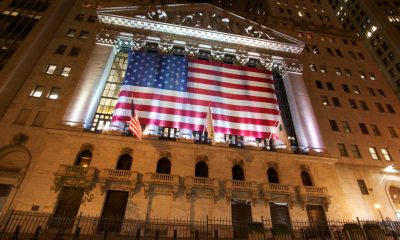

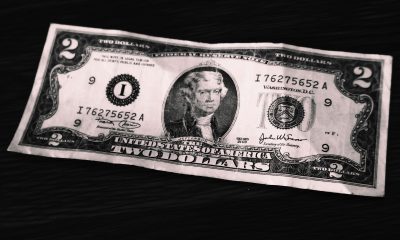

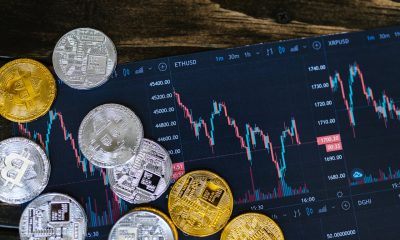

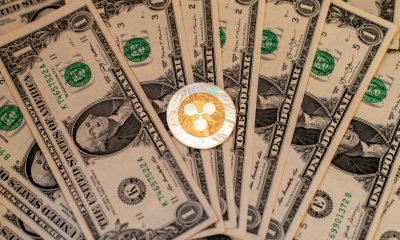
















You must be logged in to post a comment Login